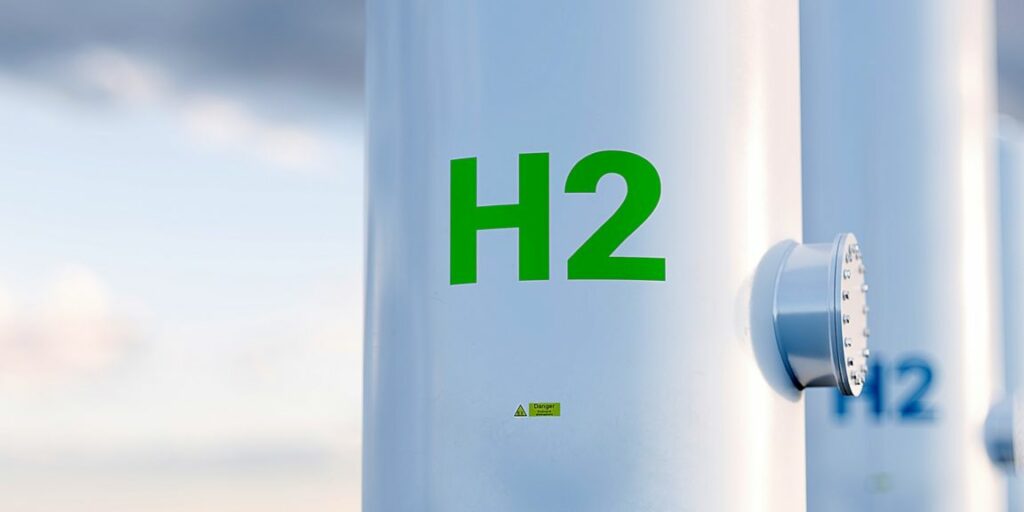Just when you thought it couldn’t get any more woke, Forbes reports that “Carbon Labels Are Finally Coming To The Food And Beverage Industry”. That “Finally” is a nice teleological touch, as if to suggest history is at long last catching up to where Forbes knew it had to go all along. But if you’re thinking this will just be a warning that the black stuff on the barbecue-scorched burger is carbon, or the fizz in your soda is CO2, or “carbs” are “carbohydrates”, as in “biomolecules” of carbon, hydrogen and oxygen that are to be avoided as “central to nutrition”, you’re behind the times. These labels are to nag you about the carbon footprint of that sinful food you’re about to gobble. Which ought to work about as well as the ones that nag you about its calories, the introduction of which, you will recall, was promptly followed by an obesity epidemic.
Indeed in that regard the Forbes piece by Brian Kateman neatly demolishes itself by starting triumphantly “It’s been over 25 years since food packaging started displaying its nutritional contents. It’s since become second nature to check the calorie, sugar, salt, and fat content of food or drinks before buying them. But this isn’t enough for consumers anymore. There’s rising demand for another type of food label as people become increasingly concerned about climate change, and conscious of how they’re contributing to it.”
Not enough for consumers? Are we really all demanding more of this Puritanical labeling? And listening to it? After all, now that it’s supposedly “second nature” to check the calories we’re also grappling with the problem that our diets contain more than ever, and usually of the least healthy kind. And our food products are already covered with fine print we don’t read and couldn’t understand if we did. (Two products selected at random from the pantry say that per 40 and 56g respectively one offers 0% of your daily Vitamin A but 15% of your Vitamin C, 2% of your calcium and 4% of your iron, and the other has none of the Vitamin A or C but the same 2% of calcium and 90% of the iron. Care to guess what they were? Would your decision to eat either be affected?)* So as soon as we add some more fine print saying everything in the kitchen cupboard will kill the planet as well as you, we’ll all stop doing both.
Well, not all. The “Food And Beverage Industry” apparently refers to the news that “Just Salad recently announced it will display the carbon footprint of every item on its online menu by Climate Week on September 21 this year, making it the first restaurant chain in the U.S. to do so. It also has plans to publish the carbon labels on in-store menu boards.” Maybe, if they get their supply chain on board with Net Zero, we will be treated to another example of a well-meaning but daft corporation marketing “carbon-free sugar.” In any case, one trendy restaurant chain is hardly the entire food and beverage industry.
Now, just as you don’t have to be Albert Einstein, or Norman Borlaug, to deduce that not everybody you see on the street has just eaten salad… without bacon bits, ranch dressing and chopped egg, you don’t have to be Friedrich Hayek or Richard Tol to suspect that there will be jiggery-pokery in those carbon footprint calculations. Forbes claims “Each product will list the total estimated greenhouse gas emissions associated with the production of the ingredients of each menu item, drawing on databases and research that calculates the carbon emissions associated with hundreds of foods. The carbon lifecycle of a food includes agriculture, such as fertilizers, manures that emit gases, land conversion that releases carbon dioxide into the atmosphere, and livestock digestion; transportation, packaging and food processing.”
Wow. A restaurant can do all that? It can figure out everything that happens to everything everywhere throughout the whole tangled production chain including carbon credits? And here you don’t have to be Leonard Read to know such calculations are impossible, though it might help. And this story seems to us to require a label too:
WARNING: This product may contain unsubstantiated hype, nonexistent trends involving one trendy restaurant, claims of consumer behaviour unsupported by evidence and eye of newt. Also a lot of carbon went into creating and publishing it.
* The first was a package of potato chips, the second a tin of clams.



All of this over the dreaded CO2 which makes about .04% of the atmosphere. What a lot of El Toro poopoo.
Jeepers! How much carbon did I just consume by firing up my computer and reading that article??
The consumer will do exactly what he, or she, did with all those nutritional facts printed by the same guy, or gal, who wrote the Lord's Prayer on the head of a pin; ignore them.
Ah come on!
I read the first paragraph to my husband. His comment "is that the Babylon Bee?" No. "The Bee must be having a hard time keeping up."